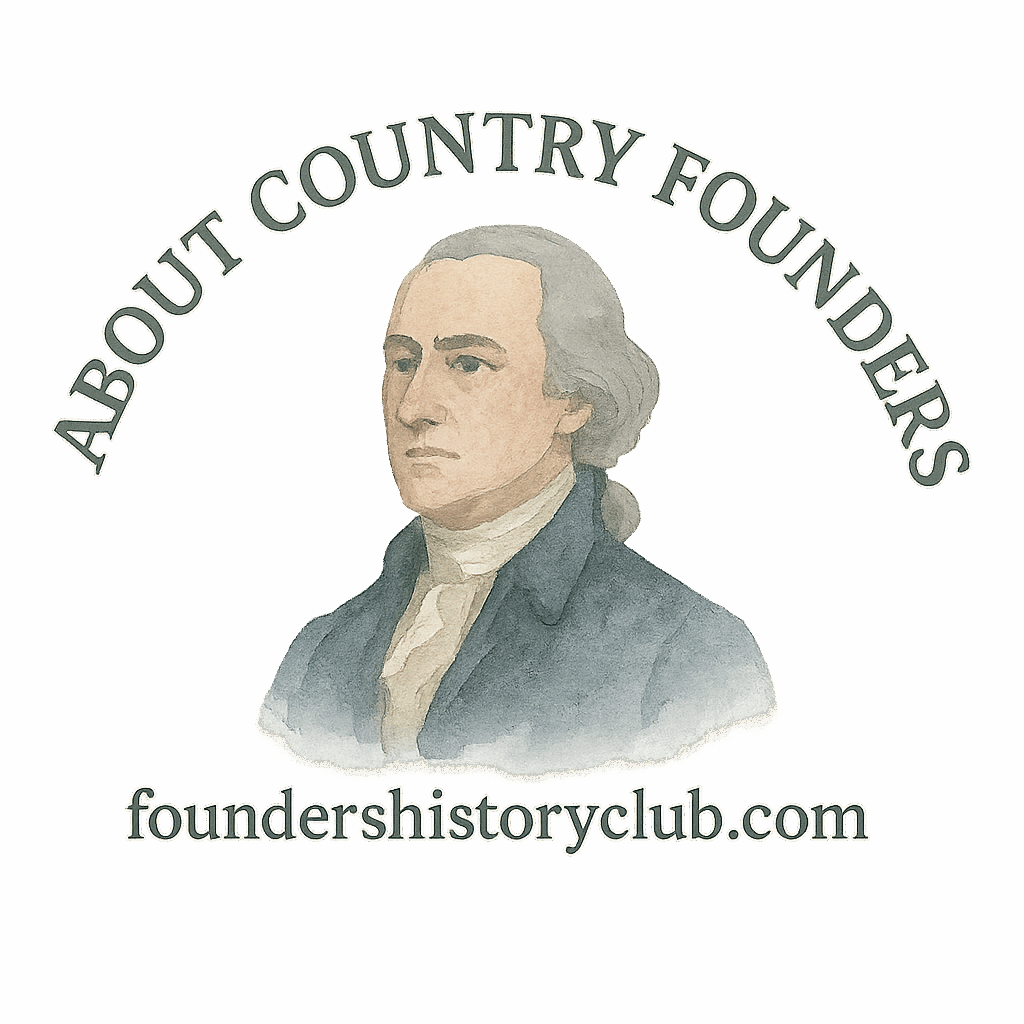Introduction: Why Founders Deserve a Place in History Museums
Let’s face it—without the bold, visionary figures we call “founders,” many nations wouldn’t exist as they do today. From revolutionaries to reformers, founders are the heartbeat of national identity. Museums dedicated to these figures aren’t just tourist stops; they’re cultural sanctuaries where values, struggles, and victories come alive. This article explores nine exceptional museums across the globe, each honoring a founder who changed the course of history.
1. George Washington’s Mount Vernon (USA)
A Living Monument to America’s First President
Located in Virginia, Mount Vernon is not just a museum—it’s George Washington’s original estate and a living history site. It preserves the life and legacy of the first President of the United States and a central figure in American independence.
Educational Initiatives and Exhibits
Interactive galleries, documentaries, and immersive reenactments make it easy for visitors to understand the ideological roots of the U.S. Don’t miss the education center, which ties into themes from Founders by Era and Independence Leaders.
2. Mahatma Gandhi Museum (India)
The Father of the Nation’s Legacy Preserved
Located in Rajkot, Gujarat, the Mahatma Gandhi Museum captures the simplicity and strength of Gandhi’s philosophies. It is one of India’s most visited heritage centers.
Symbol of Peace, Nonviolence, and Freedom
From personal belongings to freedom struggle archives, the museum encapsulates Gandhi’s contribution to India’s independence. It complements themes of Cultural Memory and Revolutionary Founders.
3. Simon Bolivar Museum (Venezuela)
Honoring Latin America’s Liberator
Located in Caracas, this museum is a shrine to Simón Bolívar, the liberator of multiple South American nations.
Historical Artifacts and Revolutionary Memory
The museum features manuscripts, weaponry, and documents that define the Latin American independence era. These fit closely with Comparative Founder Histories and Global Inspiration.

4. Mustafa Kemal Atatürk Mausoleum and Museum (Turkey)
The Visionary Who Modernized Turkey
Anıtkabir in Ankara serves as the final resting place of Mustafa Kemal Atatürk, the founder of modern Turkey. It’s not just a mausoleum—it’s an expression of modern nationhood.
Architectural Grandeur and Cultural Reflection
Designed in a neoclassical style, the site incorporates Turkish motifs and modernist elements that speak to Atatürk’s dual legacy of heritage and innovation. Explore more in Governance and Founders.
5. Nelson Mandela Museum (South Africa)
A Tribute to a Freedom Fighter and Unifier
Located in the Eastern Cape, this museum spans three locations connected to Mandela’s life journey—from his birthplace to where he cast his first vote.
Educational and Community Outreach Programs
Beyond historical displays, the museum plays a vital role in promoting human rights, echoing the Legacy of Founders.
6. Ho Chi Minh Museum (Vietnam)
Revolutionary Inspiration for the Vietnamese People
Situated in Hanoi, this museum honors Ho Chi Minh’s role in the anti-colonial struggle against the French and the founding of the Democratic Republic of Vietnam.
Displays of Anti-Colonial Resistance
The museum’s thematic rooms cover Ho Chi Minh’s early life, revolutionary activities, and diplomatic ventures. It’s an excellent resource tied to Early History and Controversy.
7. Sun Yat-sen Memorial Hall (China)
The Father of Modern China
This grand memorial in Guangzhou honors Sun Yat-sen, the revolutionary who ended China’s imperial rule and founded the Republic of China.
Cultural Reverence and Historical Legacy
Featuring relics, murals, and a concert hall, the site preserves Sun’s legacy. Explore Royal Founders for similar stories.
8. Simón de Bolívar Birthplace Museum (Bolivia)
The Influence of Early Life and Education
This lesser-known gem in Sucre focuses on Bolívar’s youth and educational influences that shaped his vision for Latin America.
Pan-American Vision and Global Recognition
It draws attention to Bolívar’s dreams of continental unity, echoing themes found in Founders by Continent.
9. Theodor Herzl Museum (Israel)
The Visionary Behind Modern Zionism
Located in Jerusalem, this museum captures Herzl’s dream and advocacy for a Jewish homeland.
Engaging Visitors with Multimedia Exhibits
The museum utilizes interactive tech to explain Zionism’s roots and Herzl’s enduring impact. Explore Controversy and National Holidays to see Herzl’s footprint.
Why Founders’ Museums Matter More Than Ever
Preserving National Identity and Cultural Memory
Museums dedicated to founders aren’t just historical—they’re deeply emotional. They give citizens a place to reflect, reconnect, and remember what their country stands for.
Connecting Generations through Legacy
Whether through stories, objects, or immersive experiences, these museums are bridges across time, helping younger generations appreciate the past while dreaming about the future.
Internal Links and Resources for Deeper Exploration
Explore more about founders, their ideologies, controversies, and the legacies they left behind through these internal links:
- Founders History Club Homepage
- Comparative Studies
- Education Legacy
- Founders by Continent
- Founders by Era
- Governance
- Ancient Countries
- Cultural Memory
- Legacy
- Revolution
Conclusion
From Washington to Herzl, these nine museums capture the spirit and sacrifice of the world’s greatest founders. They’re not just historical archives—they’re emotional, intellectual, and national touchstones. If you want to understand where a nation comes from and where it’s headed, start with its founders.
FAQs
1. What is the purpose of founders’ museums? They preserve and promote the legacy, philosophy, and impact of nation-builders through educational exhibits and cultural programs.
2. Are these museums suitable for children? Absolutely! Many offer interactive displays and educational activities tailored to young audiences.
3. How do these museums contribute to national identity? By showcasing founders’ struggles and visions, they reinforce collective memory and pride.
4. Can I visit these museums online? Several offer virtual tours and digital archives on their official websites.
5. Are all founders universally celebrated? Not always—some are subjects of debate and controversy depending on political or historical perspectives.
6. Why is it important to connect founders’ museums with modern governance? Because their ideologies often shape constitutions, legal systems, and political structures still in use today.
7. How do founders’ museums tie into global education? They serve as vital tools for comparative learning, helping students and scholars understand leadership, revolution, and cultural evolution worldwide.


